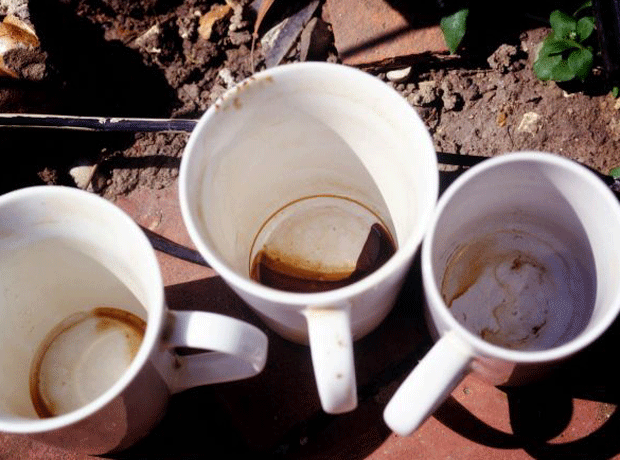Last Thursday saw the launch of The Future of Tea - A Hero Crop for 2030, the first output from Tea 2030, a collaboration between some of the foremost players in the global tea industry, facilitated and managed by Forum for the Future.
So what? There are lots of reports published and lots of talk of collaboration. I’d like to think, though, that this report has a bit more going for it than most.
For one, after water, tea is the most consumed beverage in the world. Global consumption jumped 60% between 1993 and 2010 and we now drink over three billion cups a day. But a range of environmental and social challenges are brewing that could seriously undermine future production, such as climate change, population growth and competition for land and water.
The tea industry is not new to sustainability - it was one of the first to establish collaborative groups, such as the Ethical Tea Partnership. However, there hasn’t been a shared understanding of what the sector needed to do together to deal with the full range of complex sustainability issues it faces.
“The approach offers a model for other global commodities”
Tea 2030 has brought together leading organisations to collaborate and help create a more sustainable future for tea. Over the last 18 months, the Forum has worked with the Tea 2030 steering group, which includes the Rainforest Alliance and Fairtrade, brands such as Unilever, Tata, Twinings and Yorkshire Tea, producers such as Finlays, industry partnerships such as the Ethical Tea Partnership and IDH - the Sustainable Trade Initiative, and US player, S&D Coffee and Tea.
We used scenarios to understand what the world might look like for tea in 2030 and they tell us that a sustainable future is achievable, but it will require the industry to work together and focus on some very specific challenges.
The partners are committing to continue to work together in three key areas, which present systemic challenges way too big for one organisation to tackle alone. One area of collaboration will focus on engaging tea drinkers, creating more demand for sustainable tea globally and addressing hard-to-influence impacts when tea is consumed (teabag waste, for example).
Another will investigate how we might develop more sustainable market mechanisms that will benefit the growers - often in the poorest parts of the world - more directly. The third will look at sustainable landscapes, helping producers tackle the most significant environmental and social issues in the areas where tea is grown.
Tea 2030 is not just important for tea. Its approach also offers a model for other global commodities that face similar threats. Organisations serious about securing the future of their sector should consider taking the same steps of: understanding how complex trends may affect it; creating a shared understanding of possible futures; and using those insights to identify areas in which they can collaborate and that don’t detract from existing initiatives. Collaboration really is the only answer - but not just talking about it, doing it.
Dr Sally Uren is chief executive of Forum for the Future


















No comments yet